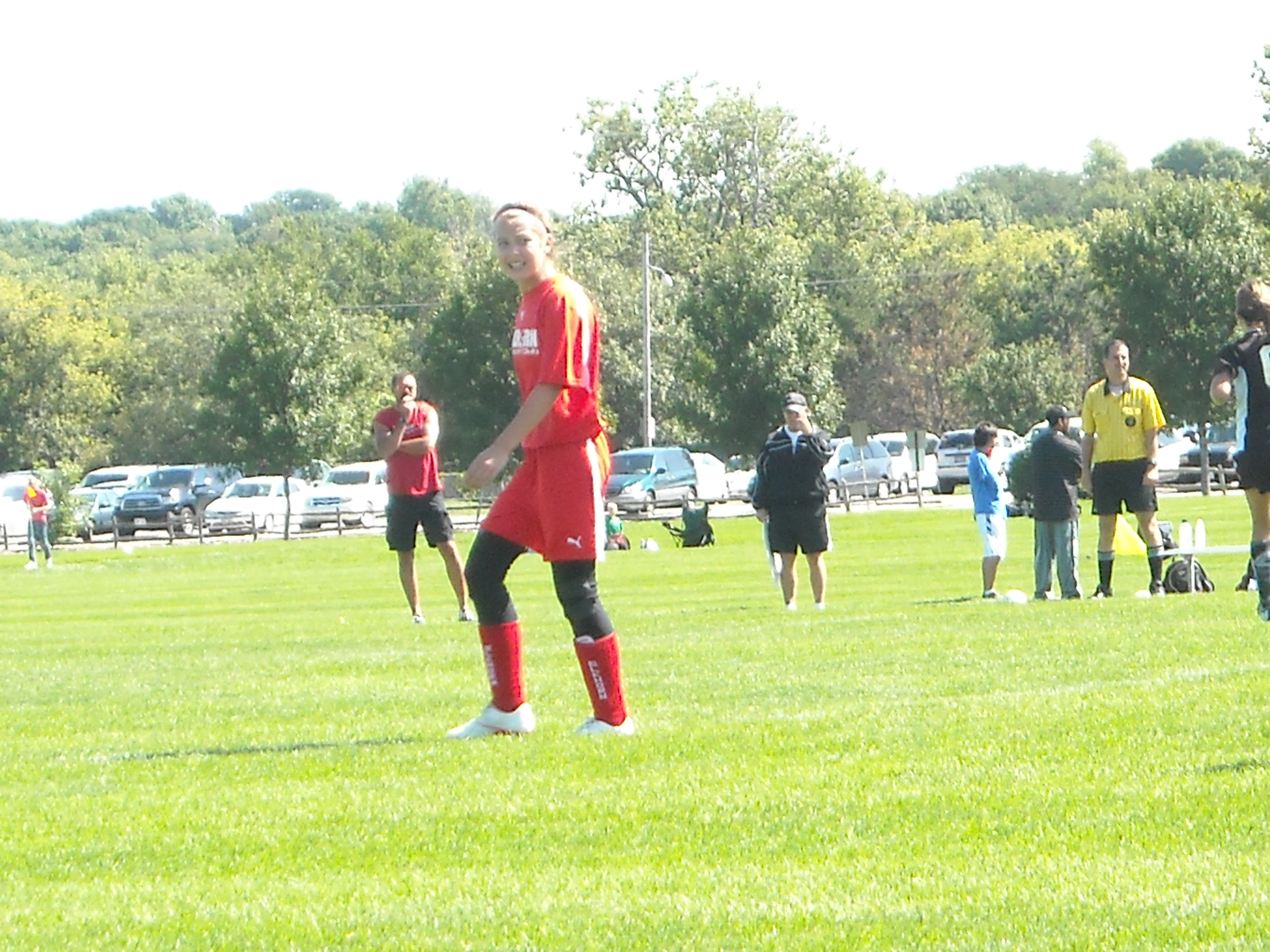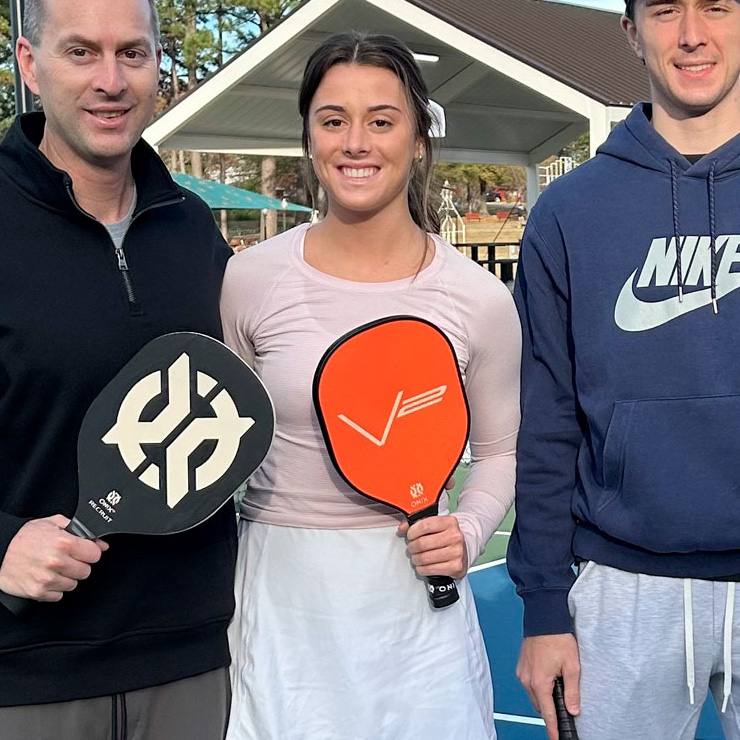 One goal changed her life. Now almost two years after a devastating concussion, Sydney Urzendowski is changing the goals of her life.
One goal changed her life. Now almost two years after a devastating concussion, Sydney Urzendowski is changing the goals of her life.
Sydney, of Elkhorn, Neb., was an active teenager, always on the go and had high aspirations in playing sports for a long, long time. Things changed for her when she was playing soccer on her high school team when she headed a ball and scored a goal – at least that’s what her coaches told her. The hit to the head knocked her unconscious and she doesn’t remember the goal, the game and a lot of things that came before that.
“I kind of recall running and then afterwards not being able to move my feet, Sydney said. “I remember asking where I was and why can't I move my feet and so the coaches noticed that I was like acting different. I guess I was slurring my speech and just acting weird. Thankfully, we have a really good trainer, so I went into our training room and red flags just popped up everywhere so they knew I had a concussion.”
While she was recovering from the concussion Sydney admits that she lied, saying that she felt better in hopes of getting back to playing sports sooner. Like many athletes eager to play again, Sydney didn’t realize the risks of playing too soon after a concussion.
But she soon found out.
“I got my second concussion when I got hit by a football in the temple,” she said. “I don't really remember and didn’t really think it was anything at the time until I had horrible headaches and my vision was blurry. At that point I was just so sick all the time and couldn’t play sports.”
That’s when Sydney’s whole life turned upside down. She went through months and months of constant “7 to 10” throbbing headaches per day, malaise and major mood swings. Her family’s two-year search for relief eventually brought her to Mayo Clinic in Arizona and Dr. David Dodick.
“Athletes just try to tough it out and work through it without realizing the cognitive and physical exertion that they put themselves through,” said Dr. Dodick, neurologist, and director of the Mayo Clinic Concussion Program. “When the brain tells you ‘I can’t do this,’ it tells you by increasing headaches, dizziness and host of other symptoms. The brain is telling you it can’t handle all of this until it heals.”
Dr. Dodick said that when Sydney arrived at Mayo Clinic she underwent sophisticated screening and evaluation. While Mayo Clinic doctors determined that her brain was structurally intact, there was evidence that her autonomic nervous system (which controls involuntary nerves) was not functioning properly. Once that was identified, Sydney was placed on appropriate therapy and the symptoms cleared up.
Sydney said she started getting stronger and feeling better a just few weeks after her first visit to Mayo Clinic. Now a senior in high school, she is regaining her energy and zest for life that she had found in sports.
“When I couldn’t play sports, I felt like I had lost my passion - finding something else to do with my life was really difficult but thankfully I have a really great family.”
As far as searching for a new passion…
“I'm still in the process of that. I just pretty much surround myself with friends and family now, focus on school and that kind of stuff…. Now that I got help I feel so much better.”
Related Diseases
Related Departments







